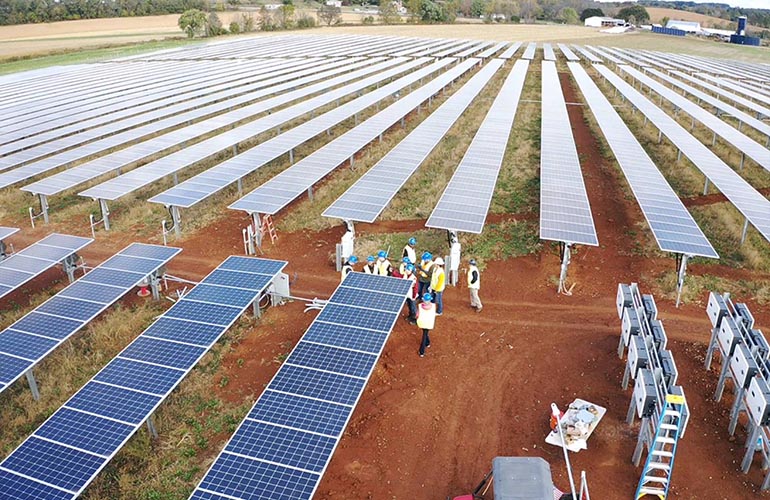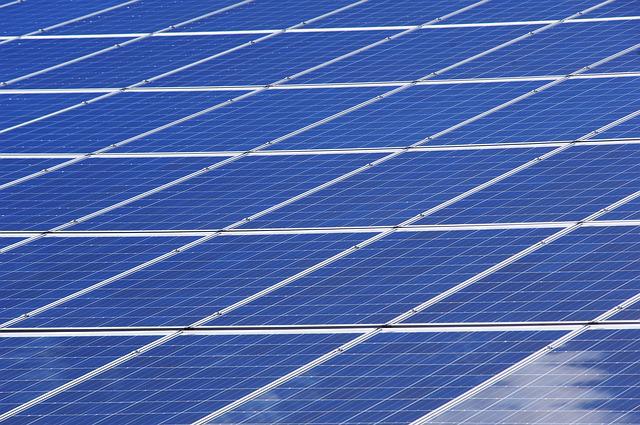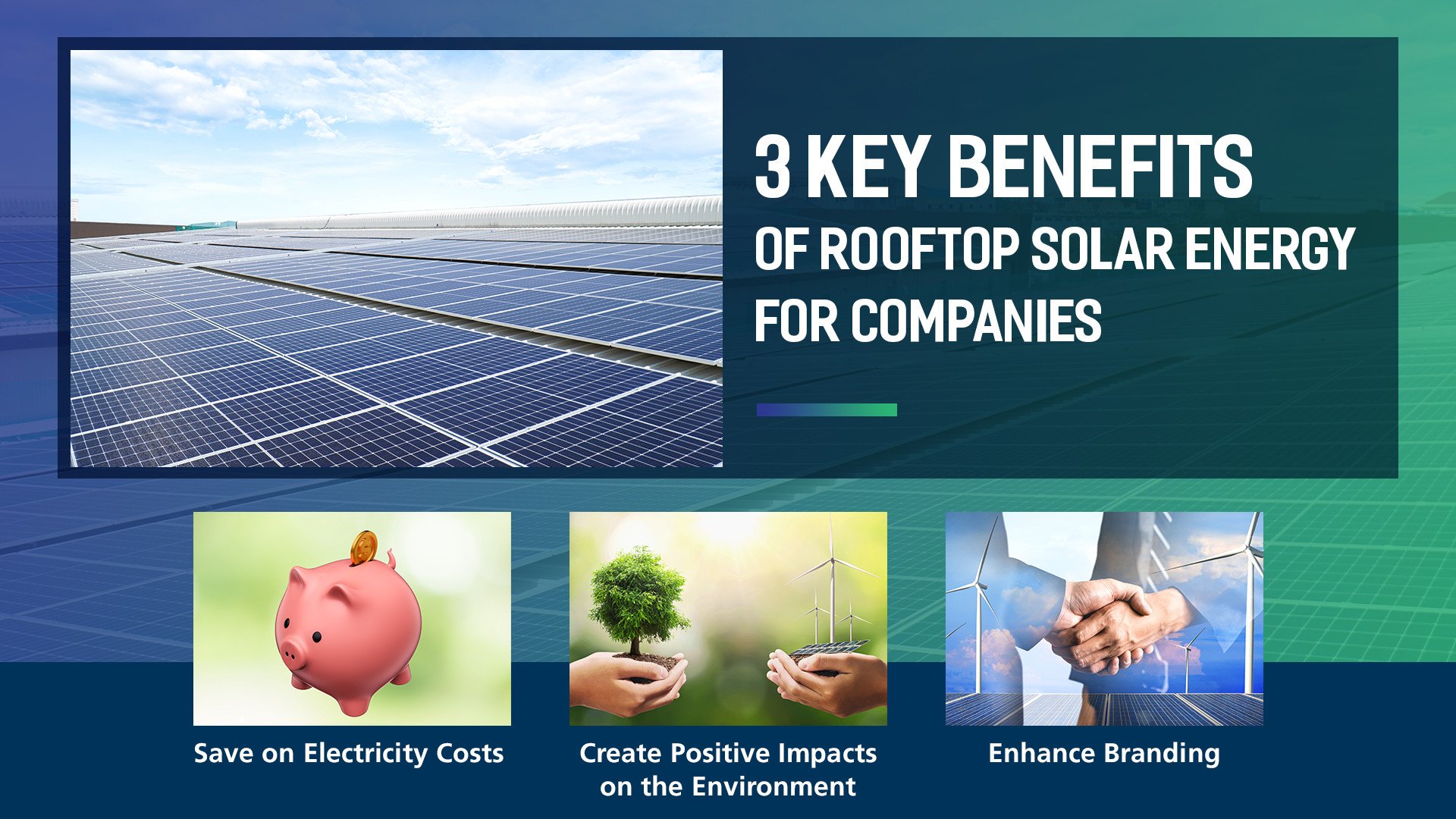
If you are looking for a way to reduce your carbon footprint, solar power for car is an excellent choice. There are many car manufacturers that offer hybrid and solar powered cars. One example is Lightyear Zero, while other models include Maruti Suzuki's Hyundai Sonata Hybrid Hybrid.
Lightyear 0
The Lightyear 0 car with solar power has been in development for a number of years. However, it's still a long way from being ready for the streets. The car is similar to the Tesla Model 0 with some notable differences. Although the battery is smaller, it is still more powerful than the Model 0 thanks to its aerodynamic design and four in-wheel motors.
The Lightyear 0 solar car has an impressive range, offering up to 388 miles. The car can also be used to reduce time spent at the charging station. Lightyear states that a driver can drive for up to seven years in sunny climates without having to plug in their car. In cloudy areas, charging is required after two years.

Sono Motors
Sono Motors was started in a Munich garage 10 year ago. It had the vision of using solar energy to power a vehicle. It was able to see that solar power could be used in order to accelerate the adoption of electric cars. Germany is home to the majority of those who rent apartments. They are often unable or unwilling to plug their cars in to recharge. However, the addition of solar panels to a car significantly extends the range.
Sono Motors' Sion solar car was one of the first to be made. This battery-electric crossover uses sunlight to produce electricity and increase the car's range. Sono Motors has yet to start deliveries of its first vehicle despite its high-tech design.
Hyundai Sonata Hybrid
A solar roof is available to make your Sonata Hybrid more environmentally-friendly. This system is a relatively new technology, and Hyundai has not been the first to use it. Toyota was the first to use solar panels to cover the roof of their Prius in 2012. However, the solar roof didn't work very well and only offset secondary power needs. It didn't even increase range.
The rooftop solar panels of Hyundai Sonata Hybrid provide an extremely efficient source of power, providing up to 22.8%. This is significantly greater than the standard rooftop solar array, which only manages a rate at 1519%. However, the efficiency of the panels depends on several factors, including external conditions. Dead leaves and tarnished rooftops, for instance, can reduce the production by up 31%.

Maruti Suzuki
Maruti Suzuki is a big proponent of renewable energy, and its new solar power plant in Manesar is an example of the company's commitment to the environment. The company set up a 1 MW solar plant there in 2014 and later expanded it to 1.3 MW. The new plant will generate more than 63,000 watts of solar energy annually. This is enough power to power Maruti Suzuki's manufacturing facilities.
Solar power will replace traditional fossil fuels for Maruti Suzuki's manufacturing facility in Gurugram, India. The automaker will install solar panels that produce electricity from the facility using carport-style photovoltaics. The solar panels will produce clean electricity and protect the cars that are parked there from harsh climatic conditions. Currently, Gurugram relies on grid energy and a natural gaz-based captive power plants to provide the necessary manufacturing power.